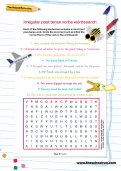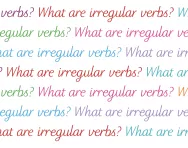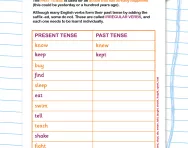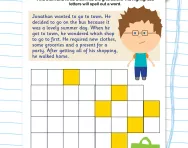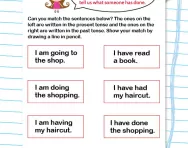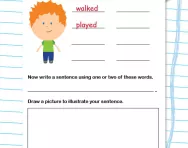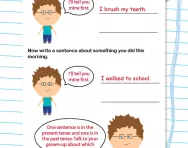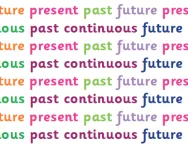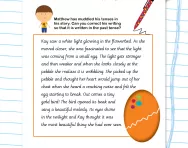TheSchoolRun.com closure date
As we informed you a few months ago, TheSchoolRun has had to make the difficult decision to close due to financial pressures and the company has now ceased trading. We had hoped to keep our content available through a partnership with another educational provider, but this provider has since withdrawn from the agreement.
As a result, we now have to permanently close TheSchoolRun.com. However, to give subscribers time to download any content they’d like to keep, we will keep the website open until 31st July 2025. After this date, the site will be taken down and there will be no further access to any resources. We strongly encourage you to download and save any resources you think you may want to use in the future.
In particular, we suggest downloading:
- Learning packs
- All the worksheets from the 11+ programme, if you are following this with your child
- Complete Learning Journey programmes (the packs below include all 40 worksheets for each programme)
You should already have received 16 primary school eBooks (worth £108.84) to download and keep. If you haven’t received these, please contact us at [email protected] before 31st July 2025, and we will send them to you.
We are very sorry that there is no way to continue offering access to resources and sincerely apologise for the inconvenience caused.
Irregular past tense verbs wordsearch
What is an irregular past tense verb?
An irregular past tense verb is a verb that does not follow the usual pattern when forming its past tense. In English, most verbs become past tense when we add -ed to the end (e.g., walk becomes walked, talk becomes talked).
However, irregular verbs have their own unique past tense forms that don't follow this rule.
What are some irregular past tense verb examples?
Here are a couple of examples of irregular past tense verbs:
- The verb go becomes went in the past tense instead of goed.
- The verb eat becomes ate in the past tense instead of eated.
How will this irregular past tense verb wordsearch help your child?
This activity, created by a seasoned educator, provides your child with the opportunity to dig deeper into their understanding of irregular past tense verbs in a way that feels more like fun and less like learning!
Find out more about irregular verbs or have a go at another activity such as Irregular verbs: forming the past tense.
